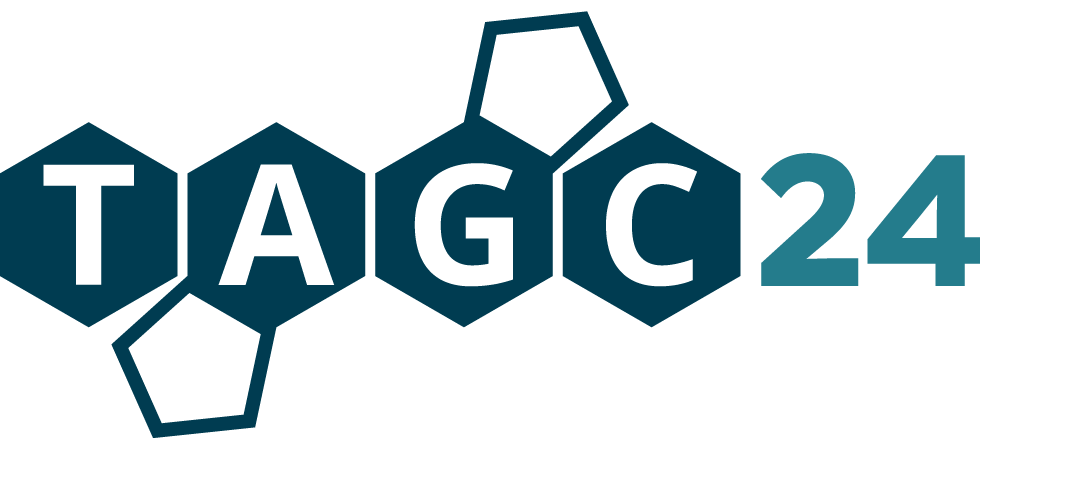Yeast Community Information
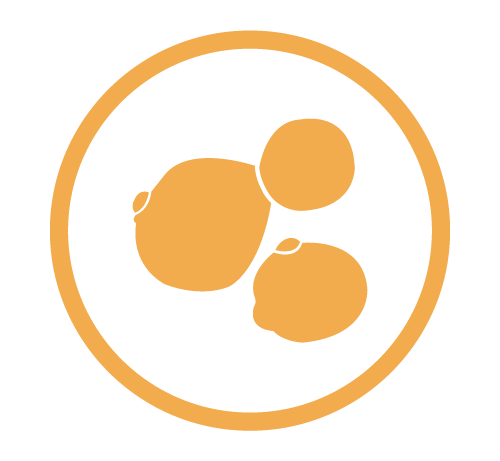
Connect with the yeast research community at TAGC 2024! The meeting’s unique format offers multiple opportunities for you to share your work, learn about the latest research and tools, and build community. Hear the latest at the Yeast Community Sessions and Poster Sessions.
Don’t miss the Yeast Genetics Meeting!
Do you normally attend the Yeast Genetics Meeting? TAGC 2024 incorporates this meeting for 2024 so be sure to register for the chance to connect with your community.
What’s the hashtag?
The conference hashtag is #TAGC24. Use the #Yeast24 community-specific hashtag alongside #TAGC24 to allow everyone to follow along!
Community Program Committee
Chair, Grant Brown, University of Toronto, Canada
Gloria Brar, University of California, Berkeley
Joseph Schacherer, University of Strasbourgh, France
Peter Stirling, British Columbia Cancer Agency
Community Special Events and Awards
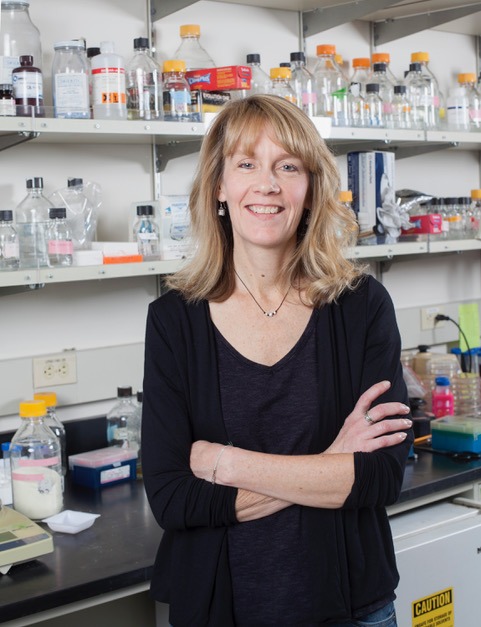
Sue Biggins, Fred Hutchinson Cancer Center
Lee Hartwell Lecture
The Lee Hartwell Lecture is given by a noted researcher in the field who has used yeast in a way that has had an obvious impact on other fields
2024 Lecture: Sue Biggins is a Professor at the Fred Hutchinson Cancer Center and an Investigator of the Howard Hughes Medical Institute who studies the mechanisms that ensure accurate chromosome segregation and regulation of the cell cycle. Her lab achieved the first isolation of kinetochores and has been applying structural, biophysical and biochemical techniques to elucidate the mechanisms that assemble kinetochores and ensure accurate kinetochore-microtubule interactions and spindle checkpoint regulation. Her lab also works on the mechanisms that ensure centromeric chromatin composition and identity.
Previous Lectures:
2022: Michael Desai, Harvard University
2020: Doug Koshland, University of California, Berkeley
2018 – Fred Winston, Harvard Medical School
2016 – Susan Gasser, Friedrich Miescher Institute
2014 – George Church, Harvard Medical School
2012 – Stan Fields, University of Washington, Seattle
2010 – Randy Schekman, University of California, Berkeley
2008 – Mitsuhiro Yanagida, Kyoto University
2006 – Kim Nasmyth, Oxford University
2004 – Susan Lindquist, Whitehead Institute
2002 – Leland Hartwell, Fred Hutchinson Cancer Research Center
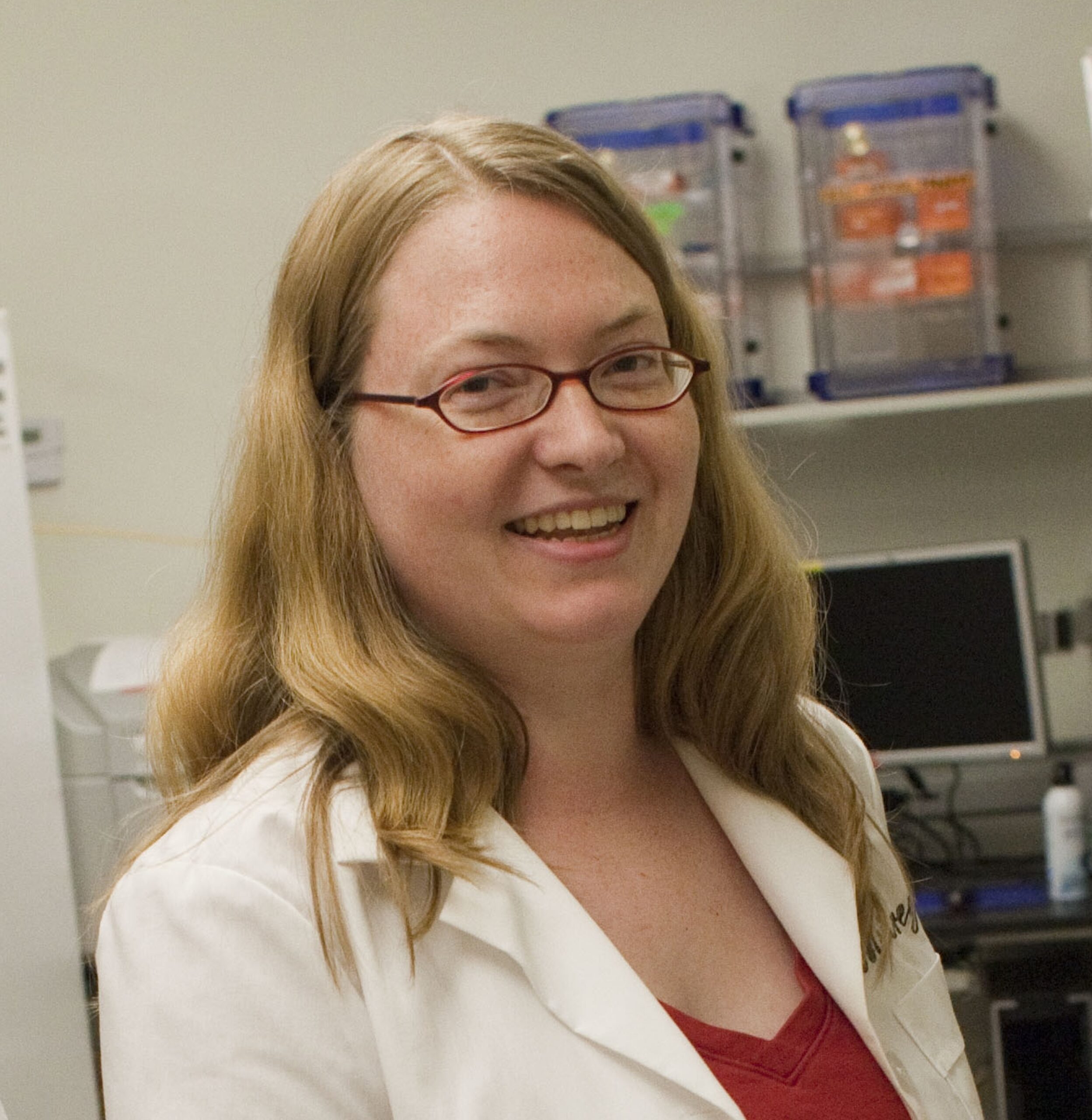
Maitreya Dunham, University of Washington, Seattle
Ira Herskowitz Award
The Ira Herskowitz Award is given for outstanding contributions in the field of yeast research in the last 20 years.
2024 Recipient: Maitreya Dunham is Professor and Interim Chair of Genome Sciences at the University of Washington. Her lab studies genome evolution in yeast using a variety of genetics and genomics approaches. Particular interests include mechanisms and consequences of copy number variation; how yeast evolve in the lab, the classroom, and the brewery; and using yeast to characterize genetic variants from other species, including humans.
This award is usually given to scientists under 50.
Past Recipients:
2022: Maya Schuldiner, Weizmann Institute of Science
2020: Jonathan Weissman, University of California, San Francisco
2018 – Mike Cherry, Stanford University
2016 – Lars Steinmetz, Stanford University
2014 – Olga Troyanskaya, Princeton University
2012 – Angelika Amon, MIT
2010 – Brenda Andrews, University of Toronto
2008 – David Drubin, University of California, Berkeley
2006 – Charles Boone, University of Toronto, Canada
2004 – Jef Boeke, Johns Hopkins University School of Medicine
2002 – Mark Johnston, University of Colorado
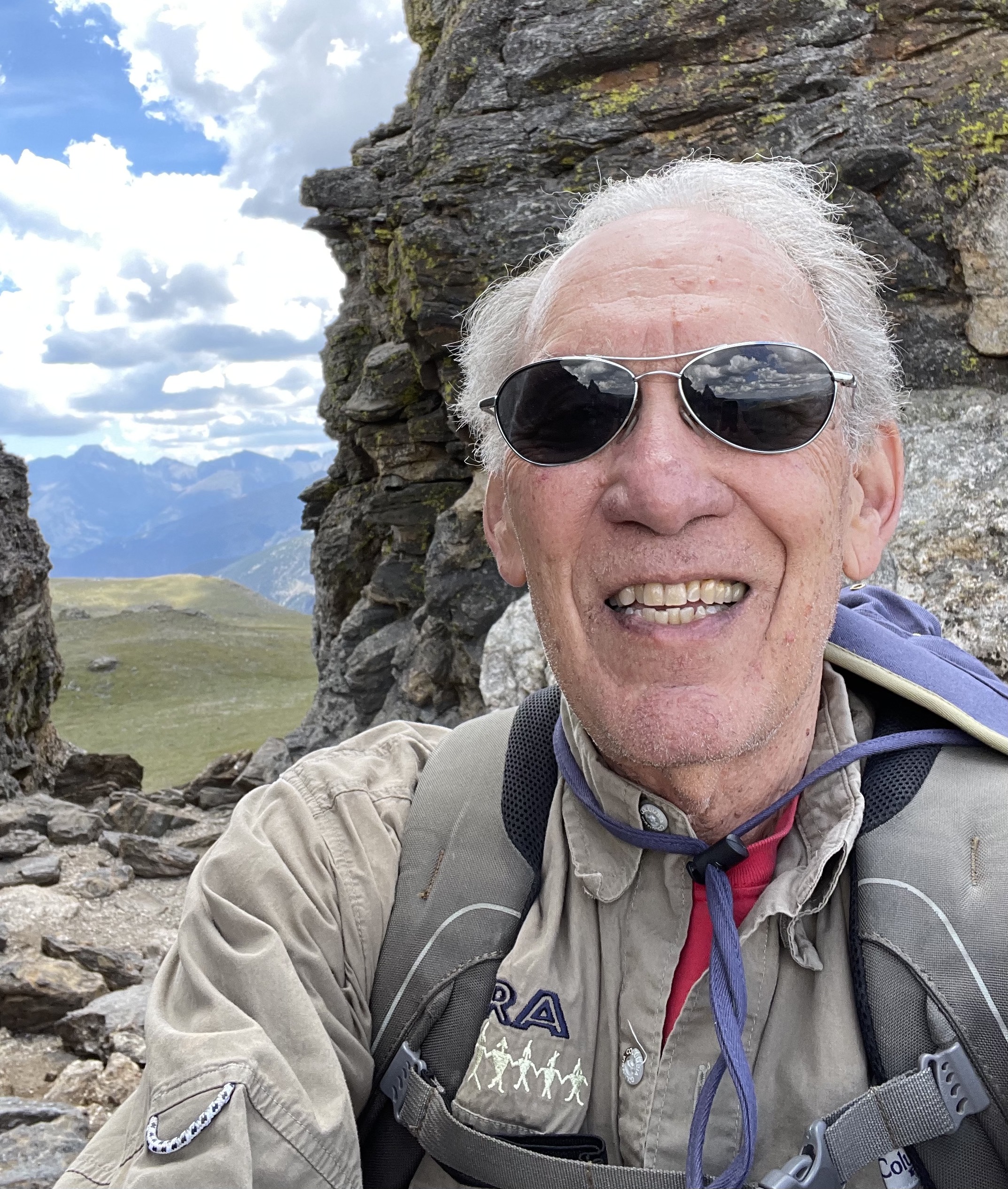
Jim Haber, Brandeis University
Lifetime Achievement Award
For lifetime contributions in the field of yeast genetics and outstanding community service.
2024 Recipient: Jim Haber is Professor of Biology and Director of the Rosenstiel Basic Medical Sciences Research Center at Brandeis University. His lab pioneered the physical monitoring of the repair of chromosomal double-strand breaks (DSBs) in budding yeast, both in meiosis and in mitotic cells. They have described in detail several pathways of nonhomologous end-joining and homology-dependent recombination. Recent work has focused on: the regulation of the DNA damage checkpoint; the high rate of mutation accompanying DNA synthesis during DSB repair; and the roles of DNA damage-associated chromatin modifications.
Past Recipients:
2022: Tom Petes, Duke University School of Medicine
2020: Nancy Kleckner, Harvard University
2018 – Steve Oliver, University of Cambridge
2016 – James Broach, Penn State University
2014 – Jeremy Thorner, University of California, Berkeley
2012 – John Pringle, Stanford University
2010 – Paul Nurse, The Rockefeller University
2008 – Elizabeth Jones, Carnegie Mellon University
2006 – Fred Sherman, University of Rochester Medical School
2004 – Ron Davis, Stanford University
2002 – Gerald Fink, Whitehead Institute for Biomedical Research
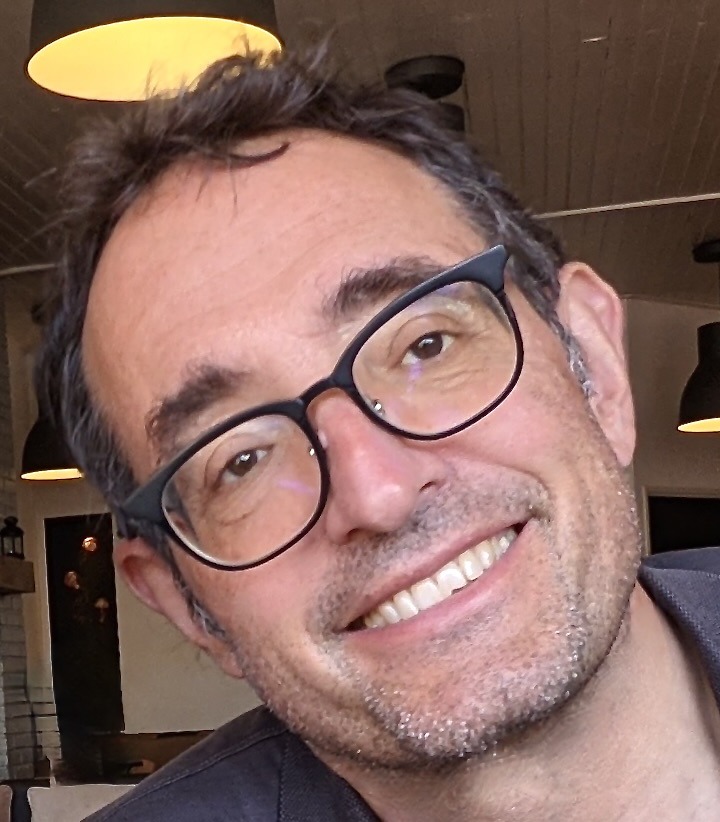
Michael Knop, Zentrum für Molekulare Biologie der Universität Heidelberg (ZMBH)
Winge-Lindegren Address
The Winge-Lindegren Address is a thought-provoking perspective, given by a leader in the field of yeast genetics
2024 Address: Michael Knop is a Professor at Heidelberg University in Germany. His lab is interested in developing new methods, reporters, and instruments for molecular biology imaging and systems biology. His research uses quantitative approaches and focuses on dynamic intracellular processes, such as the regulation of the cytoskeleton and developmental processes through protein diffusion and gradient formation, as well as the regulation of protein turnover and homeostasis.
Previous Addresses:
2022: Trisha Davis, University of Washington, Seattle
2020: Mike Snyder, Stanford University
2018 – Virginia Zakian, Princeton University
2016 – Rodney Rothstein, Columbia University
2014 – Anita Hopper, Ohio State University
2012 – Andrew Murray, Harvard University
2010 – Jasper Rine, University of California, Berkeley
2008 – The Cold Spring Harbor Yeast Group: Jeff Strathern, NIH; Amar Klar, NIH; Jim Hicks, Cold Spring Harbor Lab
2006 – Chris Guthrie, University of California, San Francisco
2004 – André Sentenac, CEA/Saclay
2002 – David Botstein, Princeton University
Angelika Amon Award
The Yeast Genetics Meeting organizers will present the Angelika Amon Award in 2024 to an outstanding recent PhD graduate. The award serves to honor Dr. Amon for her many discoveries through the use of yeast genetics, and her exceptional dedication to training and mentorship.
Eligibility
Authors that indicate they are postdocs at the time of their abstract submission will be eligible.
Nomination
Topic subcommittee chairs will nominate one candidate from the abstracts that they review.
Nominee’s Curriculum Vitae
Nominees will be contacted to provide their CV. The organizers will select an awardee after review of the nominated abstracts and CVs.
Award Presentation
The Awardee will present a 15 minute talk at a keynote during The Allied Genetics Conference.
Conference History
2022: Los Angeles, CA
2020: The Allied Genetics Conference (TAGC) Online
2018: Stanford, CA
2016: Orlando, FL
2014: Seattle, WA
2012: Princeton, NJ
2010: Vancouver, BC, Canada
2008: Toronto, Ontario, Canada
2006: Princeton, NJ
2004: Seattle, WA
2002: Madison, WI
2000: Seattle, WA
